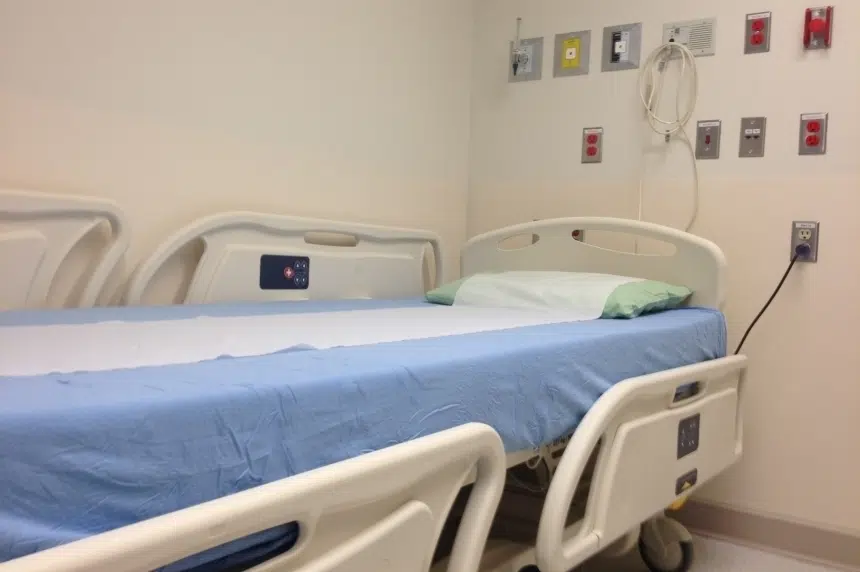It’s not just people who are getting COVID-19 and having to go to the hospital who are being affected by the pandemic, it’s also people who haven’t been able to get surgery because a specialist isn’t available or all the ICU beds are being used.
Between March 15, 2020 and the last update that was available, on Oct. 9 of this year, about 26,000 non-emergent surgeries have been delayed, according to Saskatchewan Health Authority CEO Scott Livingstone.
And between Sept. 19 and Oct. 9 this year, Livingstone said 2,000 fewer surgeries were performed than were done pre-pandemic.
Livingstone wouldn’t even speculate on how long it could take to clear the surgery backlog because it’s still growing.
“It’s not about what’s on the waiting list today, it’s what’s coming to the waiting list,” he said during a technical briefing Tuesday.
Livingstone explained there are people who haven’t even got a referral for a surgery they might need because they haven’t been able to see their doctor.
There is a small number of different procedures that make up the bulk of the waiting list, according to Livingstone.
“Orthopedic surgery for joint replacements – both hip and knee – that are inpatient surgeries is going to be one of our single-biggest challenges,” said Livingstone.
If the SHA were to stop putting people on the waiting list for major joint surgeries, Livingstone said it would take well within a year to a year and a half to clear the list.
During the fourth wave, Livingstone said health officials have been able to keep up about 50 per cent of their elective surgeries, but that is still adding to the backlog.
“We will have a gap and we will be working with the ministry and government to look at what options there are to expand surgery programs post-pandemic to catch up,” said Livingstone.
There are lots of things that go into surgical capacity and how quickly the backlog can be addressed. Livingstone pointed to COVID-19 infection controls for one, and the fact that with cleaning protocols the surgical suites can’t be turned over as quickly.
On an ongoing basis, Livingstone said the SHA is working with the Ministry of Health to prepare strategies and initiatives to deal with the backlog.
Part of that will be trying to expand surgical capacity in the province and Livingstone said, in that planning, they’re looking at things like extending hours, working weekends, and not going through a summer slowdown.
But as it is in the ICUs dealing with COVID, Livingstone said staffing is the limiting factor in building back the surgery capacity and getting through the waiting list in a timely fashion.







